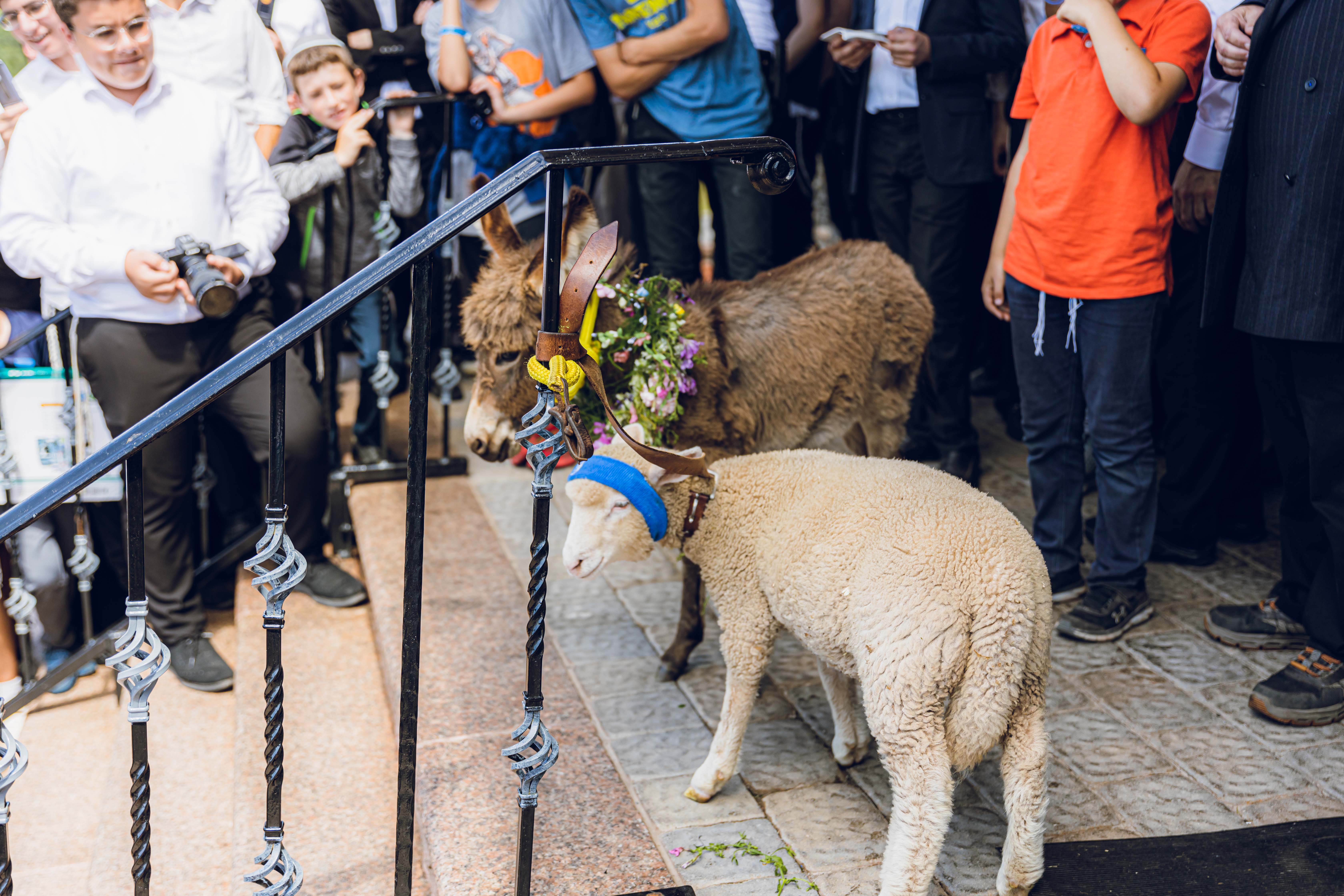Ask the Rabbi with Rabbi Chaim Mintz
Our fellow Jews in Israel have gone through so much lately and we all feel bad for them. But how can I truly feel their pain from so far away?
Rabbi Chaim Mintz responds:
Our Leading Example
The Torah’s first account of Moshe Rabbeinu (Moses)’s actions provides a model for responding to suffering. Moshe went out to “see” the burdens of the Jewish people in Egypt (Shemot 2:11). But as Rashi explains, he didn’t merely observe—he “focused his eyes and his heart to feel their pain,” truly empathizing with their distress.
From Moshe’s example we learn that just being aware and saying “I feel so bad” is not enough. We must try to internalize and feel what our fellow Jews are going through. Think of families in Israel jolted awake night after night, racing to bomb shelters with their frightened children. It may be helpful to listen to firsthand accounts or watch footage of attacks to begin to grasp—at least in some small way—the horrors our people are enduring.
Balance Is Key
However, this must be done with care. While empathy is essential, too much emotional exposure can backfire. One man I spoke to was so distraught by the events in Israel that he repeatedly broke down in tears. Others suffer from nightmares or can’t sleep at night. There’s also the opposite risk: overexposure to violent images may dull our sensitivity rather than deepen it. The key is to strike a balance—enough exposure to truly feel the pain, but not so much that we become overwhelmed or desensitized.
Creating small reminders that the Jewish people are in distress can be very helpful. Consider refraining from everyday comforts and indulgences—like putting less sugar in your coffee, having a smaller portion of dessert, or cutting back on music. These small gestures help keep the pain of others on our minds.
But this too must be done with care. If giving up music, for example, leads to tension at home, it may be too much. Instead, try reducing it by fifteen minutes instead of cutting it out altogether. The point is not to suffer—it’s to stay aware.
Time To Act
But emotional connection is not enough; those feelings should move us to act. While it may seem there’s little we can do to protect our brothers in Israel, we actually possess powerful ways to help them. When Yaakov (Jacob) was pursued by Eisav (Esau), he turned to two spiritual defenses: 1) immersing himself in Torah study at the yeshivah of Eiver, and 2) heartfelt prayer.
We, too, should follow his example and intensify our involvement in Torah study and prayer, by adding extra time for learning and praying with heightened devotion, including a special plea for Hashem (God) to safeguard the Jews in Israel. Furthermore, it is highly recommended to recite at least one chapter of Tehillim (Psalms) daily, such as chapter 121, on their behalf.
Increasing acts of kindness is another potent tool in these challenging times. The Chofetz Chaim explains in Ahavat Chesed (II:2) that performing acts of chessed (loving kindness) invokes Hashem’s kindness, leading Him to shower the entire Jewish People with abundant blessings.
In short: We can connect to the pain of our fellow Jews by reflecting on what they are going through and internalizing it. Firsthand accounts can help, but be mindful to avoid despair or numbness. Reduce indulgences as a reminder of their suffering, but with a balance. Increase Torah, prayer, and acts of kindness.
Have another question to ask a rabbi? You can ask Rabbi Mintz your own question at asktherabbi@oorah.org, or head to oorah.org/asktherabbi/ to watch the latest Q&As or join Ask the Rabbi Live, Tuesdays at 9PM ET.


